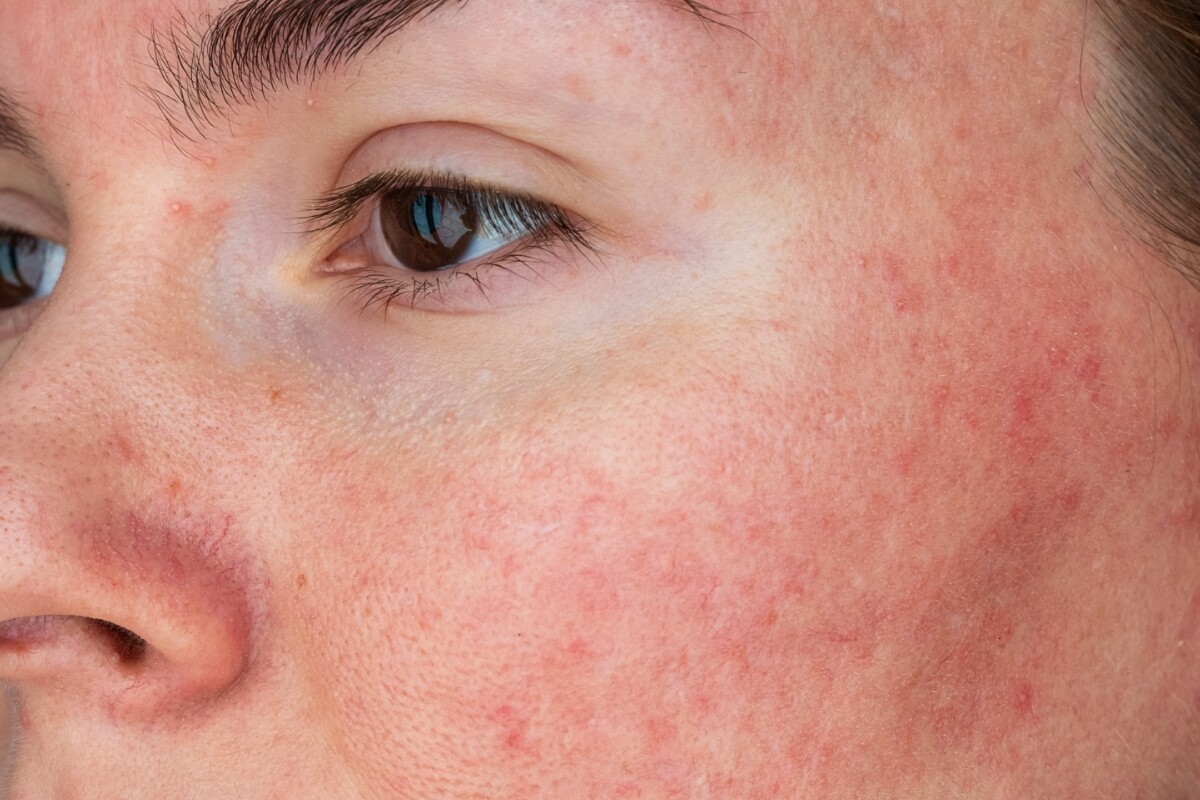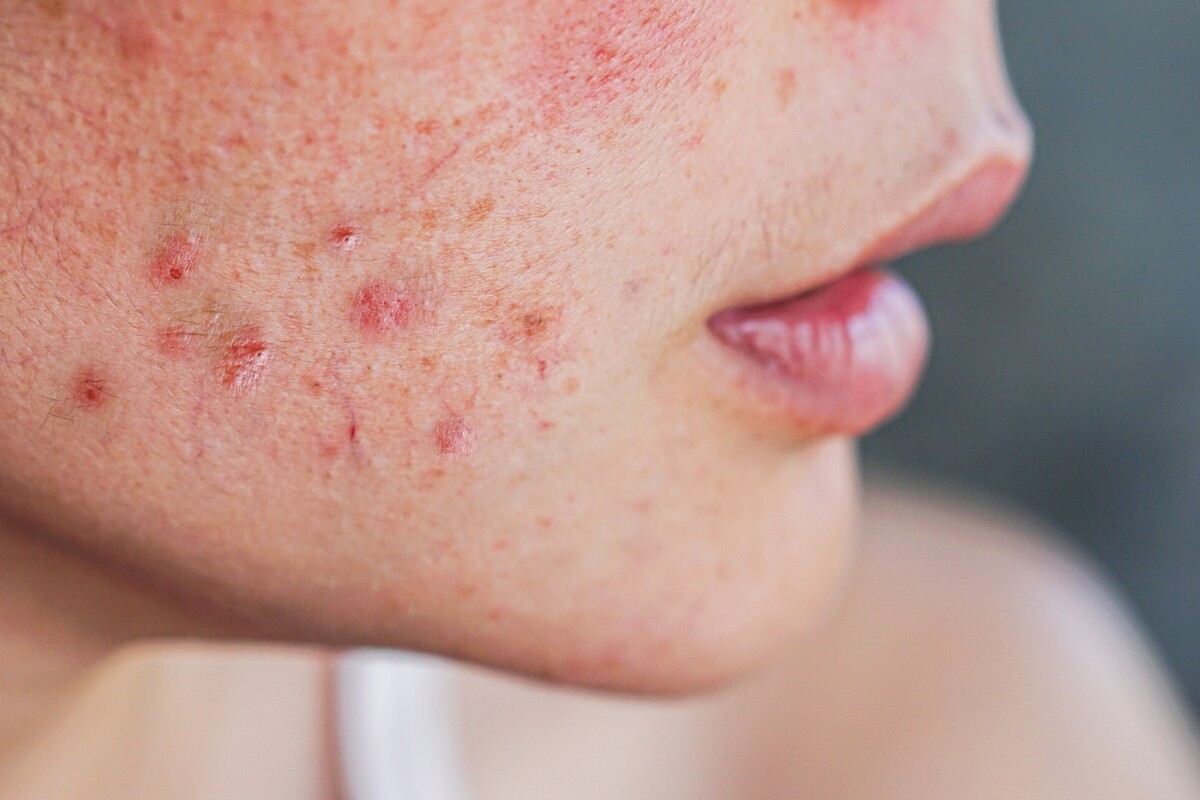Ask any of our dermatology experts and they’ll tell you the same thing — that sunscreen is the most important step in any morning skincare routine. It’s the first line of defence against the damaging effects of sunlight, helping to protect your skin from the harmful UV rays that can cause skin damage including pigmentation and fine lines as well as loss of elasticity and even skin cancer. It’s powerful stuff.
We recommend that you use a minimum of SPF 30 every single day, make it the last step in your skincare routine, or before makeup, and make it a habit. Using sunscreen consistently and properly will not only help to future proof your skin against sun damage, but it will also make the rest of your Dermatica products more effective, and help you reach your skincare goals.
Here are our dermatologist-approved tips for getting your sunscreen to work even harder.
- Make sunscreen a daily habit
Rain or shine, December or July, you should be wearing sunscreen. UV rays (the sun rays that are damaging to skin) can pass through clouds, and even windows, so it’s important to apply even if the forecast is grey or you’re staying indoors. Whatever the weather, whatever the season — apply sunscreen.
- Stick to the golden SPF ratio
Even if you’re diligently applying sunscreen every day, you might not be applying enough. Almost half of us don’t use enough sunscreen to give us the proper protection we need. To achieve the full level of sun protection factor you’re applying, our dermatology experts recommend that you use half a teaspoon for the face and neck, or the equivalent of the length of two fingers.
- Reapply regularly
If you’re on holiday and spending a lot of time in direct sunlight, make sure to up your sunscreen every two hours. And, remember, there’s no such thing as waterproof sunscreen — only water-resistant. That means that if you’re swimming or sweating — which are both more likely to happen on holiday — you need to reapply every time you dry off.
And, even if you’re not having a day in the sunshine, you should still touch up your sunscreen throughout the day for optimum skin protection.
- Be thorough
Your face isn’t the only place you need to apply sunscreen. The sun will still find its way to areas like your hairline, jawline, and even your ears. Make sure you don’t leave any part of your face or body untouched — that’s hands, feet, and neck too.
- Check your SPF type
If you’re using a chemical sunscreen, allow 20 minutes for it to sink in and work before you head out into the sun. Mineral sunscreens work immediately upon application. Check the ingredients list on your sunscreen to find out whether you’re using mineral or chemical.
Mineral sunscreens contain active ingredients, such as zinc oxide and titanium oxide.
Chemical sunscreens contain chemical filters such as avobenzone, homosalate, octisalate, octocrylene, octinoxate or oxybenzone.
- Check the expiration date
If you think you can grab last year’s sunscreen stash and take it on your holiday, think again. Just like the food in your fridge, sunscreens have an expiration date, and it’s there for a reason. Post expiration date, the active ingredients in your sunscreen start to break down, meaning you won’t get the same level of protection it once offered. Expired sunscreen = unnecessary sun exposure risk = not worth it.
Many sunscreens don’t start to break down until they’re opened, so look out for an expiration time on the back of your bottle. If it reads ‘6M’, it’s best to use it all within those first six months!
- Keep your sunscreen cool
This one is a little tricky to do on holiday but if you can avoid storing your sunscreen in your beach bag or having it sat by the pool all day then do. Why? Heat can cause the active ingredients in sunscreen to become less stable and less effective.
It goes without saying though, that it’s more important to keep topping up your sunscreen than it is to keep it cool.
Got a question for our dermatology experts? Contact them via your dashboard.
New to Dermatica? Start your free online skin consultation now.
Dr Lynn Sydor
Dr. Lynn Sydor is a board-certified dermatologist with 30 years of experience in the field. Dr. Sydor is a member of the American Academy of Dermatology, the California Society of Dermatology and Dermatologic Surgery, the Pacific Dermatologic Association, and the California Medical Association.




